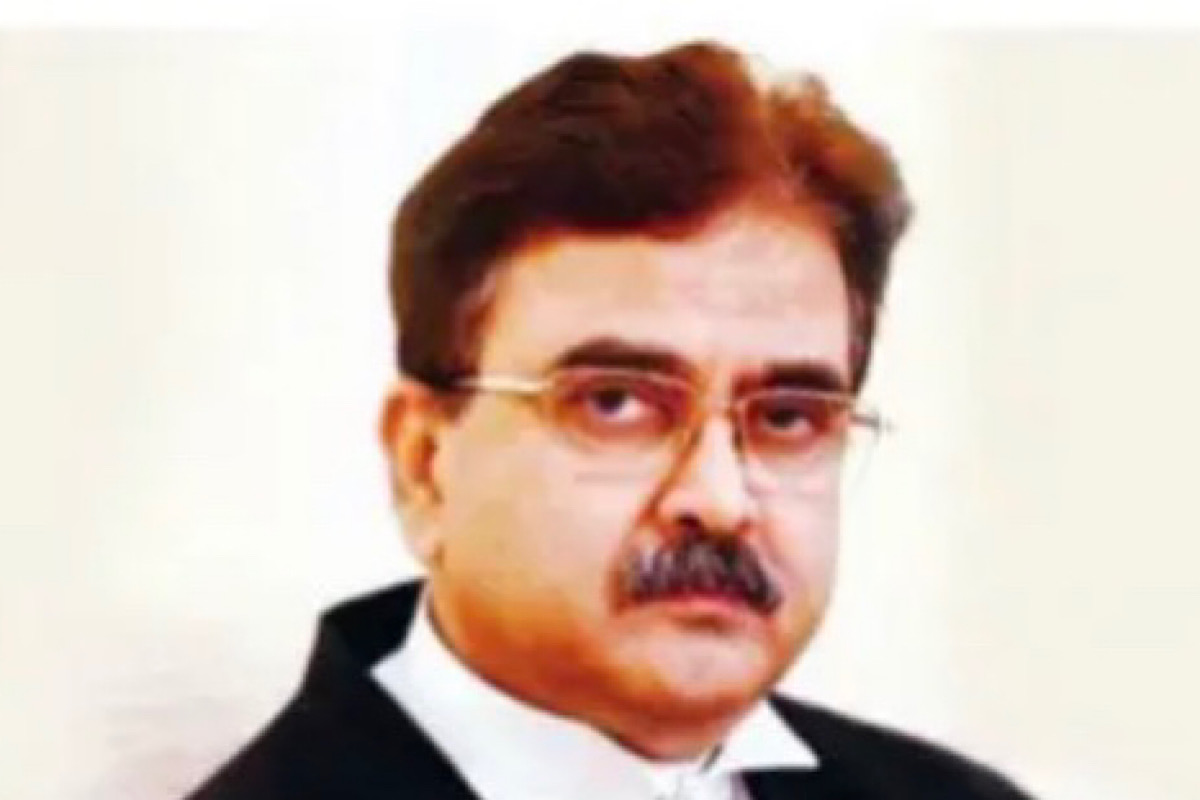Justice Abhijit Gangopadhyay of Calcutta High Court has sought a transcription copy of his television interview submitted to the Supreme Court by midnight. He has asked the registrar general of the Supreme Court to forward the transcription copy by 12 am and for that purpose he will be waiting at his chamber till 12.15 am. Justice Gangopadhyay has also sought a copy of the report submitted to the apex court on this count by the registrar general of Calcutta High Court.
He said that he had sought these two documents for the sake of transparency. The justice said this, a couple of hours after the apex court ordered the transfer of the case from him. While confusion still prevailed on whether all cases relating to recruitment or just the one relating to Kuntal Ghosh’s allegation and letter accusing central agencies of putting pressure on him to name Abhishek Banerjee in the recruitment scam, has been transferred from Justice Gangopadhyay’s Bench. Former justice of the Supreme Court Justice Asok Kunar Ganguly has raised a question on whether the apex court has the right to shift any case at any high court from one Bench to a different one.
Advertisement
“Probably, the apex court has its own reasons to give such an order. With due respect to the Supreme Court, I am saying that the transfer of any case from one Bench to the other in any high court is the prerogative of the chief justice of that high court. Under the provisions of the Indian Constitution, any order by any high court can be turned down by the Supreme Court. But there is no provision for the apex court to decide on which bench of a high court will hear which matter or case,” he said.
However, he accepted the Supreme Court’s observation that judges have no business in giving interviews to news channels on matters pending before them as correct
